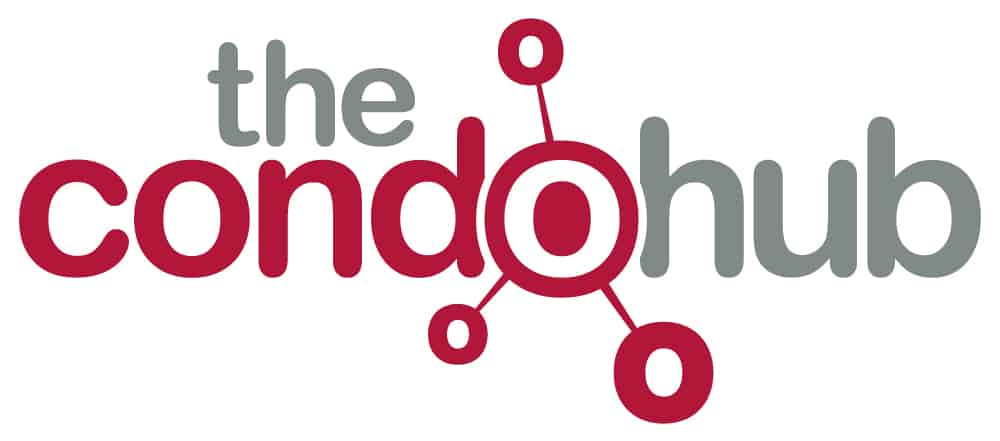How to Win a Multiple Offer Situation
Inventory is tight, demand is high and multiple offer situations are not uncommon. How do you make your offer standout and win the competition?
The first rule to follow is to make sure there are other offers. If not, the next question is to find out if the seller is going to wait to review offers at a certain date. Sometimes, making a strong offer before anyone else gets in the door will win it.
I've been involved in numerous multiple offer deals as a listing agent and a buyer's agent. Here are some of the tips I've learned
- Find out what is really important to the seller
- Price
- Pre-approval letter
- Use a local, reputable lender
- Have your loan officer call the listing agent on your behalf
- Consider whether you need an appraisal contingency
- Consider a modified appraisal contingency
- Make your offer neat, complete and free of errors
- Escalation Clause
- Home inspections
- No Sale of Home Contingency
Every seller wants a high price of course, but there is more than just the price. What is their ideal settlement date? Do they need to do a short rent back? What would make it easier for them? Sometimes having flexibility with the settlement date is more important than price.
Price is obviously very important, but you also need to have the rest of your offer support it. If you offer a high price and then ask for the seller to pay for all your closing costs, the seller is going to look at the net price. If you want an appraisal contingency, but you put little money down, it just doesn't fit together.
The seller will want to know how you are going to pay for the place. If you are paying cash, submit proof of funds. If you are getting financing, be sure to include a pre-approval letter.
When I review offers with sellers, I pay attention to the lender. If I haven't heard of the lender and they are out of state, I get a little nervous. I will do my due diligence, but I much prefer to see a local, reputable lender.
Having your loan officer call the listing agent to give you a solid recommendation doesn't hurt.
If you are getting financing, a lender will require an appraisal, but it doesn't mean you need to make the offer contingent upon it. Remember, an appraisal below the contract price doesn't mean you can't get the loan. It just means you might not get as big of a loan. For some people, that is critical and so you will want it. For others, it's not as important.
Another approach to take, is to not have the appraisal contingency, but talk to your lender and have a rush appraisal done. That way, if it comes in too low, you still have time to back out via the condo docs or possibly the home inspection.
If you really need the appraisal contingency, but maybe not the full amount, consider using a modified contingency. For example, if you are offering $500,000 on a condo and need it to appraise for at least $475,000 to make it work financially, then make the appraisal contingent on the place appraising for $475,000.
Having a sloppy, hand written offer that is out of order and missing information is a real turn off. That could signal to the seller there will be problems with the transaction.
There are pros and cons of using an escalation clause, but if you are going to use one, do it the right way. Don't make the increment amount so small (like $1) that it is just laughable. And don't make it too large that it works against you. There are two ways to figure out the escalated price when reviewing offers. Some agents will just look at the max price on offers and escalate against that. Others will use more of a ping-pong approach, where they start with the offering price and stair step it from there. If your increment amount is too large, you might lose out even though you haven't hit your max.
What sellers fear about home inspections is a buyer coming back with laundry list of items to fix and replace. One way to alleviate that fear is to do a home inspection with option to void only. If you find anything major or even a number of minor things that you don't want to deal with, you can void the contract and get your deposit back.
In this market, making the sale contingent upon you selling your current house is almost a kiss of death to the deal. Get your home sold first or at least under contract
These are just a few tips to keep in mind. Every deal is different and takes different strategies and tactics.
